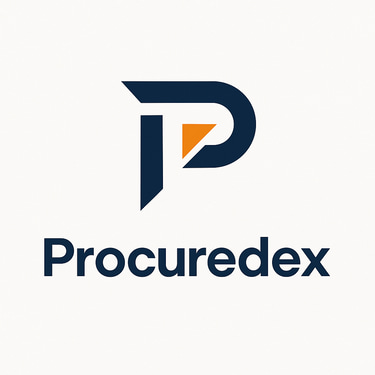1099-K Tax Reporting Shock: What Every Freelancer and Gig Worker Needs to Know
1099-K tax reporting rules now affect $5,000+ payments. Discover IRS changes for freelancers, gig workers, and tips to separate business and personal income.
10/21/20252 min read


If you’re a freelancer, gig worker, or side hustler, you’ve probably seen the chatter online: The IRS now requires 1099-K forms for annual transactions starting at just $5,000. This shift is sending shockwaves through the entrepreneurial world, sparking fears of audits and confusion about what really counts as taxable business income.
What’s Changed?
Previously, payment apps and online platforms like PayPal, Venmo, Etsy, and Upwork only issued 1099-K forms if you processed $20,000+ and at least 200 transactions in a year. Now, if your gross payments total $5,000 or more—no matter how many transactions—you’ll receive a 1099-K. The IRS also receives a copy, and that means heightened scrutiny for taxpayers.
Why the Panic?
Many freelancers and gig workers are worried—social platforms are buzzing with concerns:
Fear of Audits: A lower threshold means more people than ever will have their tax returns flagged for additional review.
Personal vs. Business Blurring: Countless gig workers use the same platforms for both business (side hustles, freelance projects) and personal transfers (repaying friends, splitting rent). Sorting out which payments are truly taxable is now critical.
Newcomers Unprepared: Many who’ve never handled “business” taxes are suddenly pulled into complicated reporting and documentation.
What Should You Do?
Track Everything: Start keeping meticulous records. Separate business and personal transactions on payment platforms whenever possible.
Review Your 1099-K Carefully: Cross-check the form against your own records. If personal payments were reported as business income, talk to a tax pro.
Seek Guidance: If you’re unsure how to report your freelance or side gig income, consult with a CPA or tax preparer—especially one who knows the gig economy.
Stay Calm: Receiving a 1099-K doesn’t mean you owe more taxes, just that the IRS is aware of your income. If you report and substantiate your earnings honestly, you’ll be prepared—even if your return faces review.
Key Takeaway
This new rule catches many off guard, but preparation is your best defense. Take the opportunity to set up clean records and, if possible, use separate accounts for business and personal transactions on all payment platforms.
The $5,000 1099-K rule isn’t going away. By understanding what’s required now, and taking action early, you can protect your business, your sanity—and your wallet.
